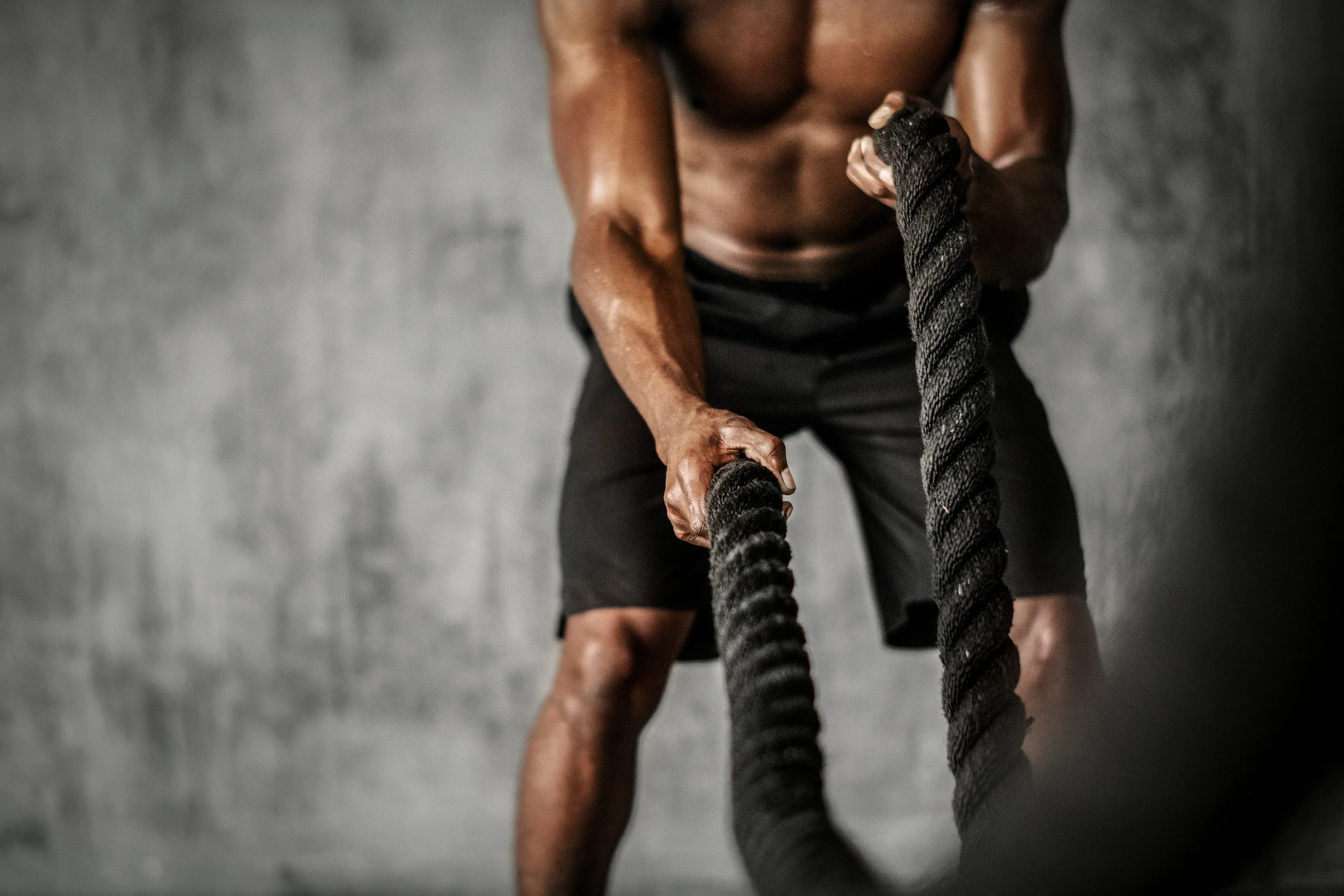Key Aspects of Training
Discipline is a key aspect of training. Motivation is always a plus, however, it comes and goes. The power of discipline will keep you on track regardless of how you feel. Some days you may wake up and not feel like training or sticking to your nutrition plan, discipline will keep you bound to your goals. Turning a fitness regime into a lifestyle requires true discipline. A way to encourage the growth of discipline is through good habit recruitment, adjusting your day-to-day tendencies to fit your current goals and lifestyle preferences. Simple habits to engage can be as easy as starting the day with a positive ritual like meditation or stretching, goal setting or journaling. At the end of the day, it’s only oneself that is responsible for maintaining focus and presence in the direction of said goals. Success is within your own power and reach. You can now decide to be disciplined.
Macro tracking is a key aspect of goal setting. It’s so important to track your calories using something like MyFitnessPal or another similar nutrient tracker. This enables you to stay within the parameters of your daily caloric allowance, and it will also give you a stronger, enhanced understanding of portion management and how different foods affect your daily calorie intake in varying amounts.
Low intensity cardiovascular training is essential homework for any client. In 1-1 PT sessions we focus mainly on functional strength and conditioning of different sorts, therefore leaving no time for steady state cardio, which is an essential aspect of overall fitness and body composition. In my opinion someone on a training program should be doing cardio at least 2-3 times a week for at least 20 -30 minutes a time. It helps burn fat, increases heart health and blood flow and contributes massively to a healthy lifestyle.
It is beneficial in every way to maintain a positive outlook when assessing oneself and one’s progress from the start of a new program. There will be ups and downs, so it’s important to have patience and positivity when critiquing yourself and deciding where improvement is needed. Always keep in mind successes and strong points when looking at the aspects of your journey that concern you the most, for example you may have not lost the amount of fat you were hoping to in a certain amount of time, but you may have gotten stronger and fitter. Be kind to yourself, be honest, be forgiving and be adaptive. Positive outlook can also come from your surroundings. The people you know and the media you consume can have a large influence on your own outlook, beliefs and expectations. Surround yourself with like-minded people that will help support your goals and encourage the better aspects of your life. With regards to media, all I’d offer is… Use your precious time well.
Recovery and mobility are the corner stones of a fitness journey, helping one stay away from injury and over-training. Stretching your muscles and joints to achieve more range of motion and overall mobility will go a long way in ensuring that you avoid muscle pulls and tears. Similarly, adequate sleep and appropriate nutrition will allow the body time to recover, keeping you safely away from both over-training and injury. These aspects of fitness are often overlooked but they not only keep your overall health up they also allow you to train with more efficiency and get more out of your session: it’s a positive cycle between work and rest that ought to be observed.


